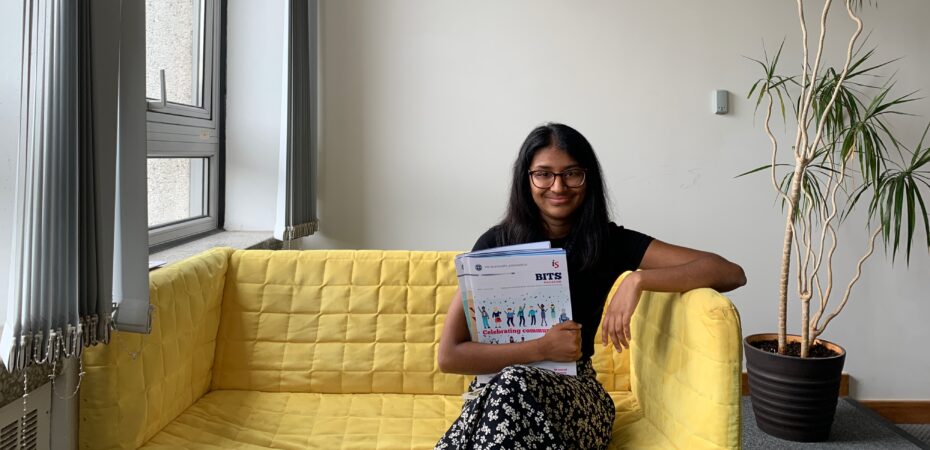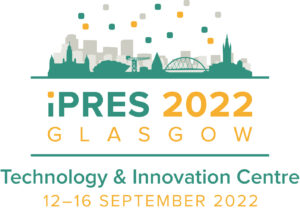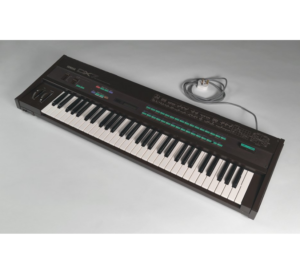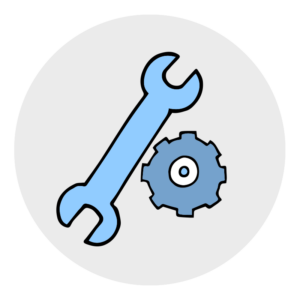Introduction from the Digital Archivist
Preservation of digital collections relies on generous help and support from Heritage Collections volunteers. The scale and complexity of the digital resources generated by the University and its wide-ranging communities poses a mammoth challenge. Without the contributions of students and others who give their time freely, these works – many critical for future research – would not be preserved or made available as quickly, or at all.
This blog post by a Digital Archives volunteer and postgraduate student at the University of Glasgow describes two important projects to support the preservation of born-digital research collections. Firstly, a large oral history project spanning multiple regions of Scotland and secondly, born-digital papers of a world-famous Climate Change Engineer. These projects represent small steps towards ensuring future generations will be able to access important primary source archives. However, without increased resource and capacity for digital preservation, many of these collections will remain only partially processed or even lost.
Sara Day Thomson, Digital Archivist
Putting Theory into Practice: My Experience Volunteering with Digital Archives at the University of Edinburgh
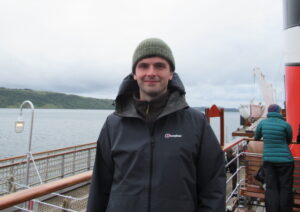
Joshua Blackstock, Volunteer
Hi everyone! My name is Josh Blackstock and I’ve been volunteering with Sara Day Thomson, the university’s Digital Archivist, since August 2023, whilst studying for an MSc in Information Management and Preservation at the University of Glasgow. I was recently asked whether I could write a short blog post about my volunteering experience. So here it goes…

